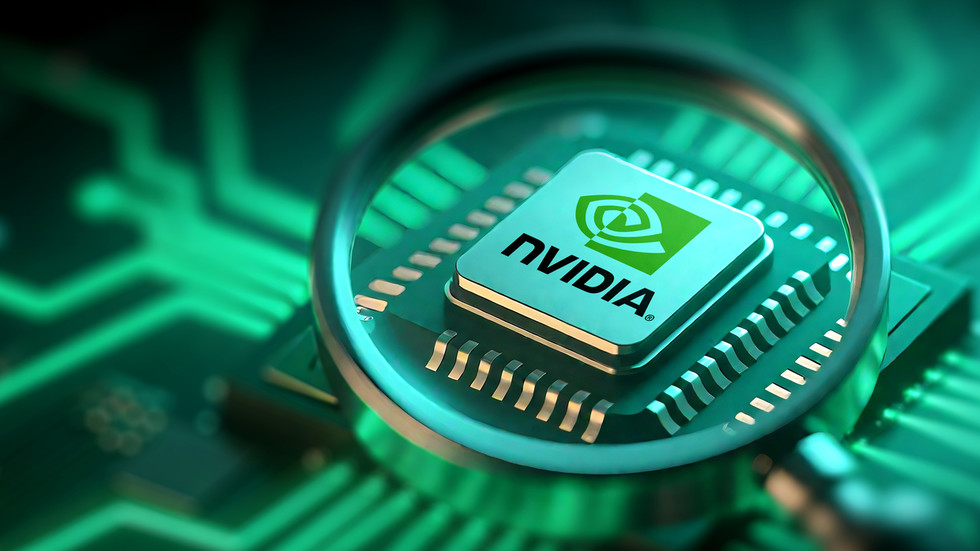US semiconductor leaders Nvidia and AMD have reportedly agreed to surrender 15% of their revenue from China in exchange for US government authorization to sell restricted advanced chips in the region, according to multiple media reports citing unnamed sources. The arrangement, framed as a strategic trade-off, centers on high-performance processors previously embargoed over fears they could bolster China’s military artificial intelligence capabilities.
The agreement involves Nvidia’s H20 and AMD’s MI308 chips, both restricted by US regulators in April 2023 amid rising geopolitical tensions. Authorities had warned these chips risked accelerating China’s development of AI for defense applications. While Washington announced last month that Nvidia could resume H20 sales, export licenses were only granted by the Commerce Department last Friday—two days after Nvidia CEO Jensen Huang met with former President Donald Trump. Licenses for AMD’s chip followed shortly, per a Financial Times source.
Nvidia declined to confirm or deny the revenue-sharing arrangement but stated it “follows rules set by the US government for global market participation.” Analysts project the deal could direct over $2 billion to US authorities by year-end, though allocation plans remain undecided. Bernstein Research estimates Nvidia’s China sales could exceed $15 billion in 2024, with AMD’s reaching $800 million.
This compromise follows years of controversy over chip exports to China. Nvidia had already tailored the H20 to comply with earlier US restrictions on cutting-edge AI processors, which tightly limited performance metrics. Critics, including national security experts, argue even modified chips risk enabling Chinese military AI advancements, potentially eroding US technological dominance.
The Trump administration’s approval of the licenses marks a reversal from prior policies and has drawn bipartisan scrutiny. Some analysts suggest the revenue-sharing model could set a precedent for balancing economic interests against security concerns in sensitive tech sectors. However, unresolved questions linger about long-term oversight and whether these chips—while less advanced than banned models—still pose strategic risks.
As chipmakers navigate shifting trade policies, the deal underscores the complex interplay between global commerce and national security. With AI development increasingly viewed as a geopolitical battleground, the outcome may influence future US decisions on technology exports to China and other strategic rivals.
